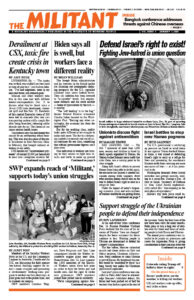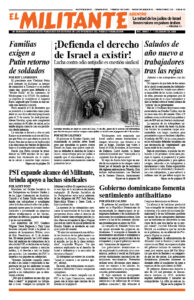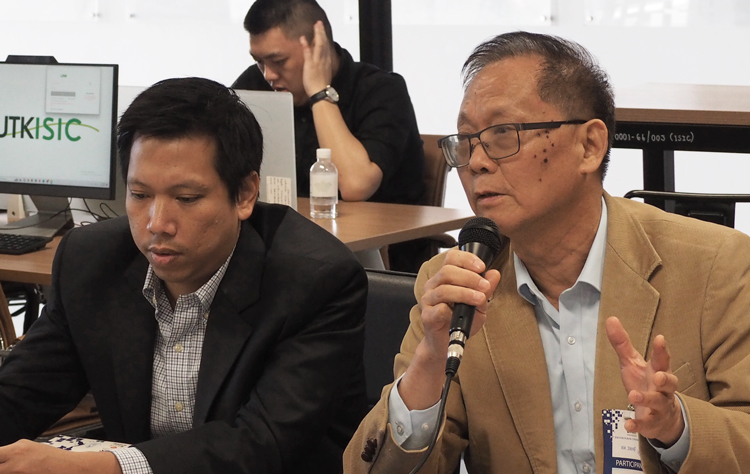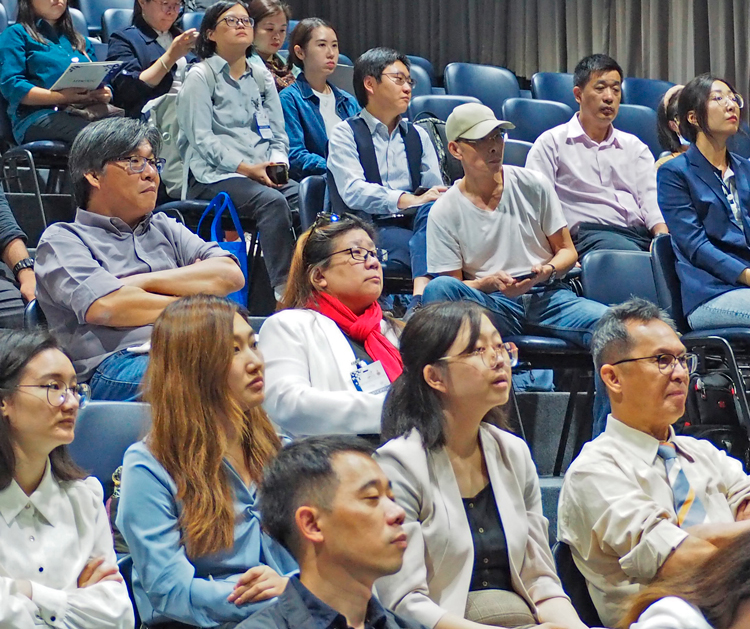BANGKOK — A conference here Dec. 9-10 focused on the history and experiences of Chinese communities from Southeast Asia to virtually every corner of the globe. Organized by the International Society for the Study of Chinese Overseas, the gathering was attended by some 150 people, including university professors, students and others. It was hosted by Bangkok’s Institute of Science, Innovation and Culture at the Rajamangala University of Technology.
Participants at the gathering, ISSCO’s 23rd regional conference since its founding in 1992, came from Asia, the U.S., Canada, Australia and elsewhere, with the largest number from China. Regional and larger-scale international conferences have been hosted by universities in China, Hong Kong, Japan and South Korea and in the Southeast Asian nations of Singapore and Malaysia. Other conferences have been held in the U.S., New Zealand, Canada, Cuba, Australia and Panama.
ISSCO was founded by academics in the U.S. and Southeast Asia to counter the lack of study into the past and present lives, culture and development of the millions of people of Chinese birth or ancestry living around the world. ISSCO’s leaders were determined to unearth the real history of these communities, including their struggles against prejudice and discrimination.
In addition to opening and closing plenary sessions, there were dozens of workshops on a variety of topics. These included the political fallout from the COVID-19 epidemic on the Chinese community in New York City and elsewhere, efforts to combat divisions between different waves of Chinese immigration in the Philippines and other countries, and many more.
Niyom Ratamarit, a professor at Thammasat University here in Thailand, told participants that successive wars and social crises in China in the 18th and 19th centuries had pushed working people in their millions to seek work abroad. Many settled in Thailand — today home to the biggest population of Chinese descendants outside mainland China, Hong Kong and Taiwan.
“We have always believed that ISSCO should hold a conference in Thailand” for this reason, said ISSCO President Minghuan Li at the opening ceremony. Minghuan is a professor at Xiamen University in Fujian Province in southern China.
“The social position and status of Chinese overseas is often precarious, subject to changing national and international politics,” she said. “Chinese overseas have become political victims under the shadow of superpower competition.”
Threats against Chinese overseas
At one workshop, Carmelea Ang See from the De La Salle University in the Philippines said conflicts and disputes over sovereignty to islands in the South China Sea between the Philippines and China are having a significant impact on the Chinese-Filipino community. Other presentations also touched on disputes between Beijing and governments in the Pacific and Asia.
In the discussion period after the opening presentations, Liu Hong from Nanyang Technological University in Singapore said that growing U.S.-China conflicts have led to threats by various U.S. police agencies of prosecution for allegedly providing classified information to Beijing.
An increasing number of scientists of Chinese descent are leaving jobs in the U.S. and returning to Asia, Liu said. He cited a report saying migration has increased “from 900 scientists in 2010 to 2,621 in 2021.”
The targeting by Washington of Chinese researchers was also addressed the next day by Xia Jiang, a professor from China’s Huaqiao University currently teaching in Phoenix, Arizona. “Chinese scientists have repeatedly been suspected of being disloyal to the United States, and some have even been accused of being spies,” he said.
Behind this, Xia Jiang said, is the “threat to U.S. economic and technological hegemony” by China’s “rapid economic rise and progress in high-tech development.” There’s a need to confront such discrimination, suspicion and the crackdown on scientists of Chinese origin, he emphasized.
He pointed to the example of Anming Hu, a Chinese-born Canadian citizen, who worked in the engineering department at the University of Tennessee. Hu was accused in 2020 of being a “potential spy” by the FBI, only because “he had participated in the Thousand Talents program” run by the Chinese government. He fought back and was exonerated in a U.S. court.
These and other frame-up attempts have “a chilling effect on scientists of Chinese descent,” Xia Jiang said.
At the same workshop, Steve Penner of Montreal noted that the 2022 ISSCO conference in San Francisco had also discussed the “sharpening conflict between Washington and Beijing.” Speakers there, he said, “described how the U.S. government’s anti-Chinese drive had fostered racist harassment and violence against Chinese and other Asians in North America and elsewhere.”
Cuba and overseas Chinese
Penner made a workshop presentation on “The Unique History of the Chinese in Cuba.” (See accompanying article.) He drew on the book Our History Is Still Being Written: The Story of Three Chinese Cuban Generals in the Cuban Revolution, published by Pathfinder Press.
The presentation was initially to have been given by Mary-Alice Waters, who had conducted and edited the three interviews in the book and who has spoken at previous ISSCO gatherings. When Waters was unable to attend at the last moment, she asked Penner, who helps organize Pathfinder distribution in Canada, to stand in for her. A special guest at the workshop was Cuba’s ambassador to Thailand, Pedro Pablo San Jorge Rodríguez. ISSCO President Minghuan welcomed the ambassador to the conference.
Penner called attention in his workshop remarks to the “wars being waged by Ukraine and Israel to defend their existence against the Putin regime in Russia and the Jew-hating terrorist organization Hamas in Gaza.” These events, he said, are a “watershed in world politics that is shaking up social classes, political parties and governments everywhere.” These sharpening conflicts, he said, “are drawing into politics millions of workers, oppressed peoples and youth, around the world,” and are interlinked with the issues in the Pacific and Asia being focused on at the conference.
The final conference session featured leaders of the hosting Rajamangala University’s Institute of Science, Innovation and Technology and of ISSCO. Teresita Ang See, a founding ISSCO leader, presented a slideshow on the organization’s history and the issues taken up at its conferences. The ISSCO banner was then officially handed over to representatives of Maranatha Christian University in Bandung, Indonesia, which will host the next regional conference Nov. 7-8, 2024.
Linda Harris and Steve Penner contributed to this article.



